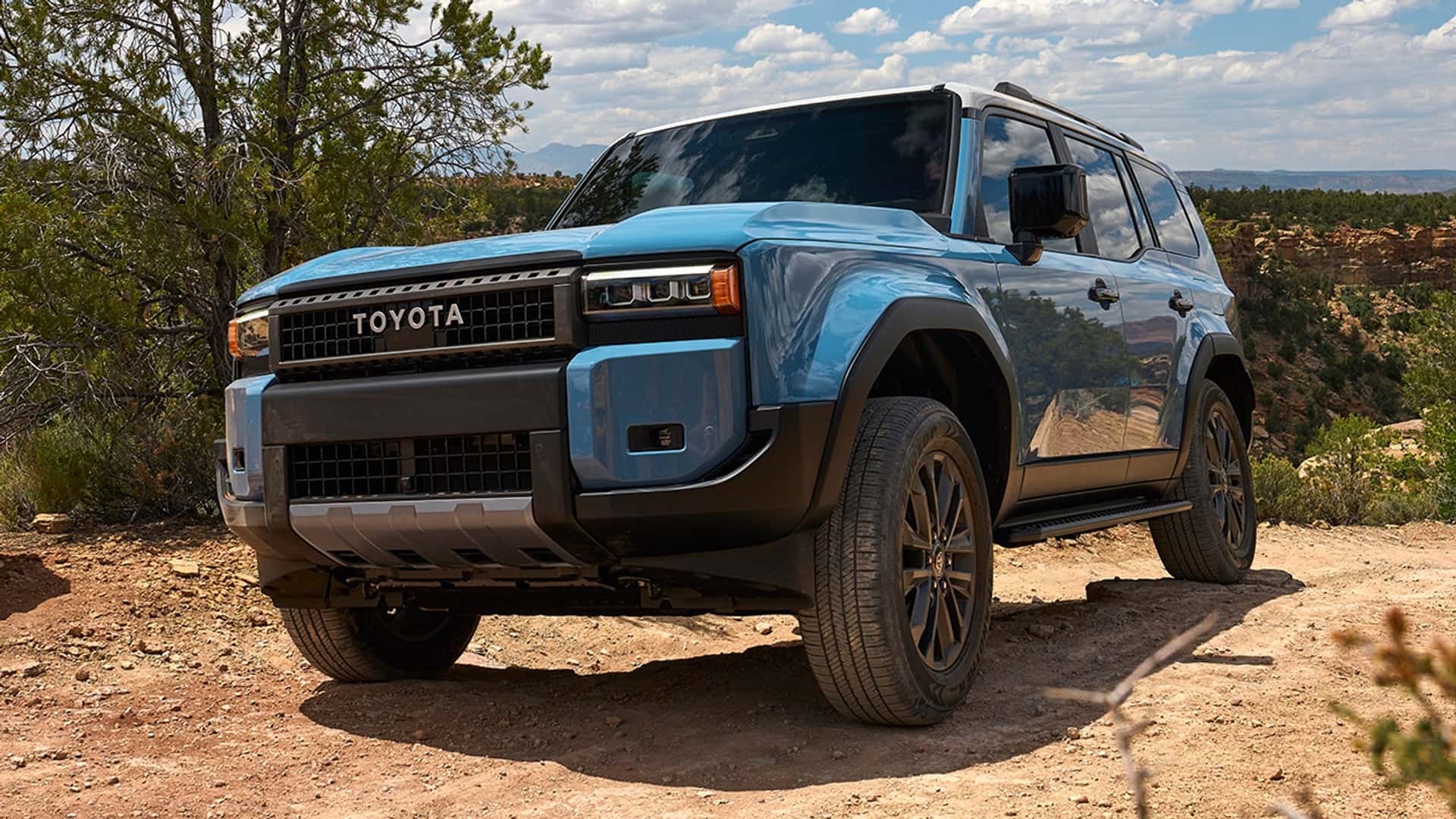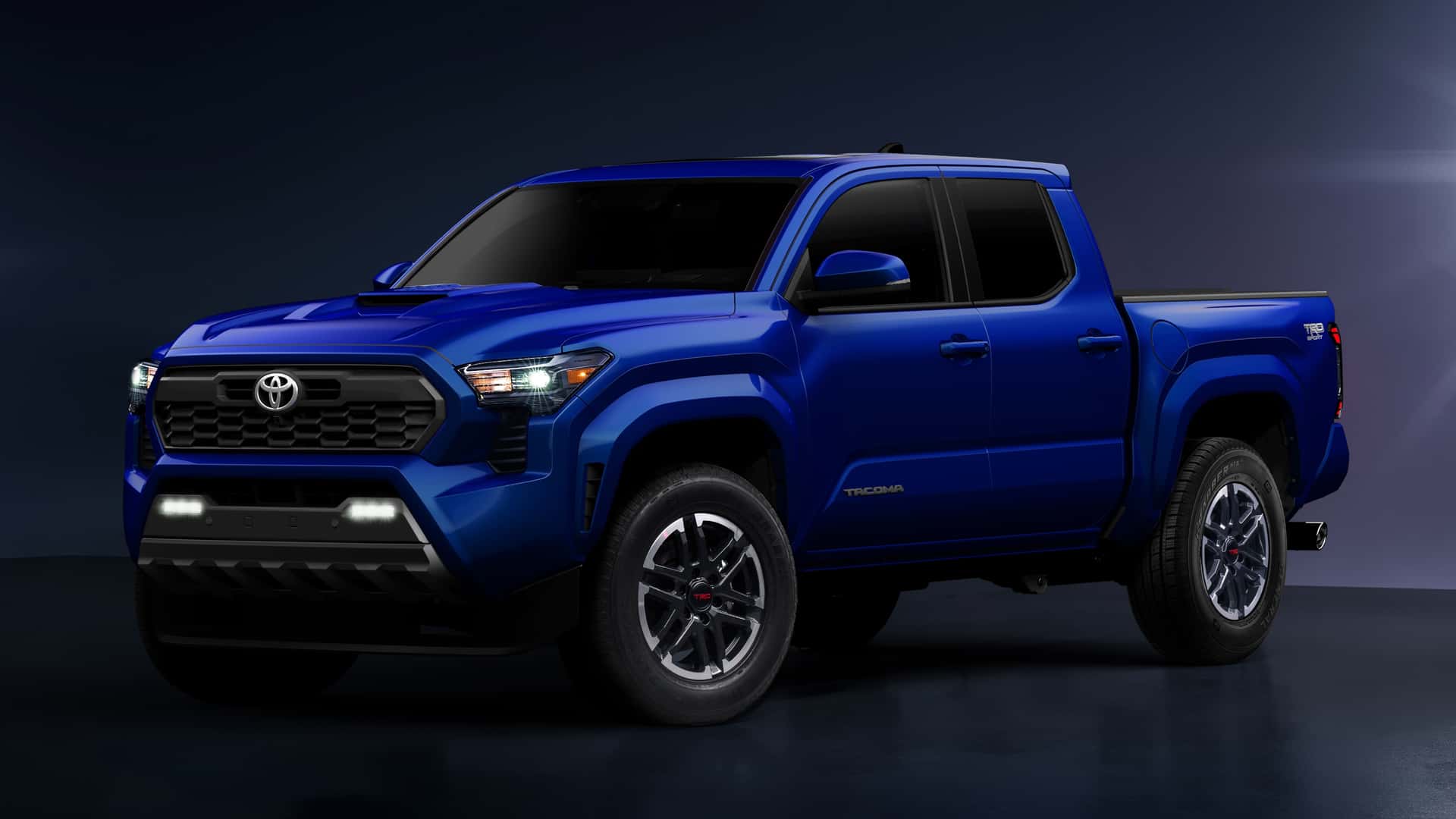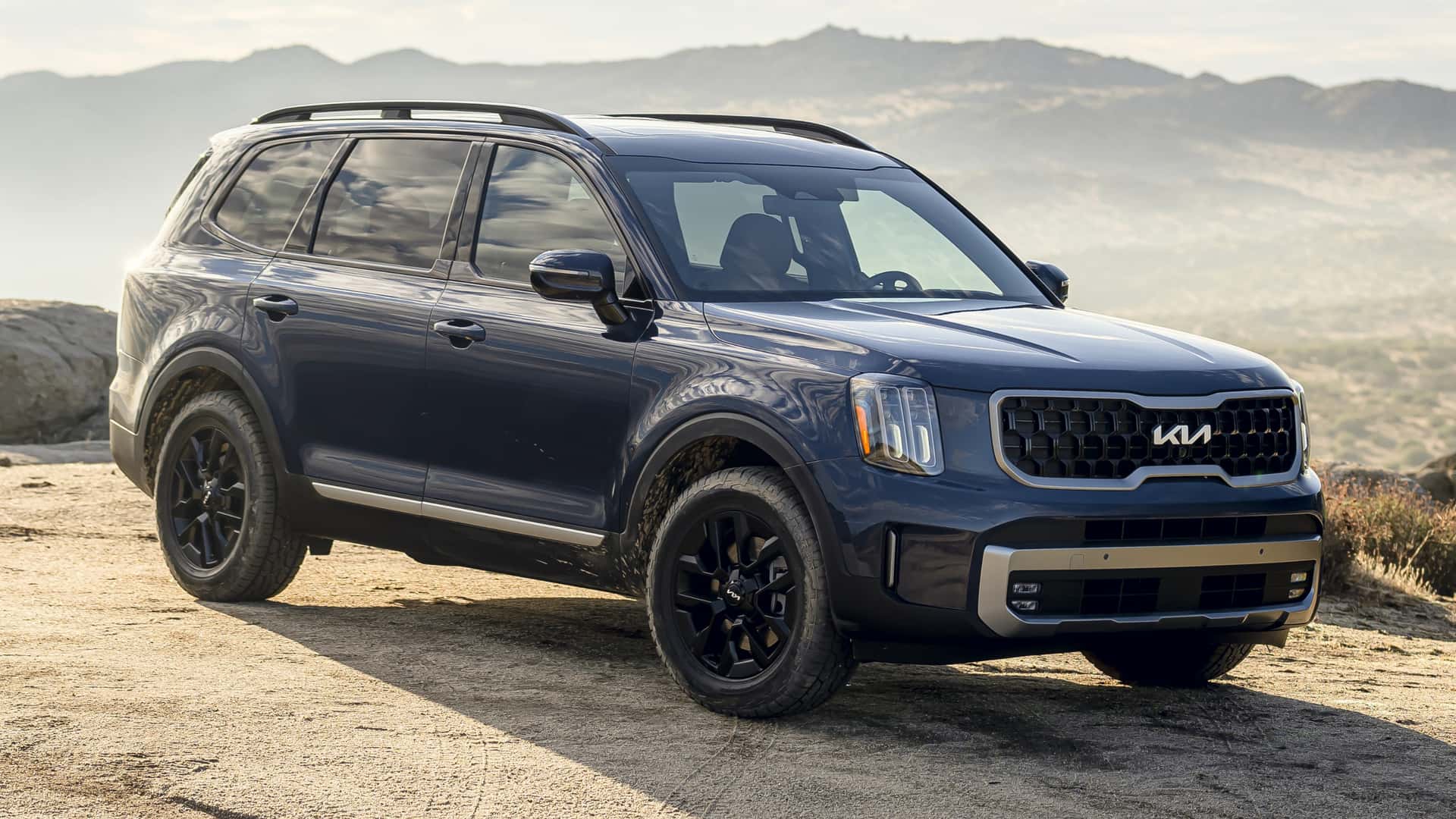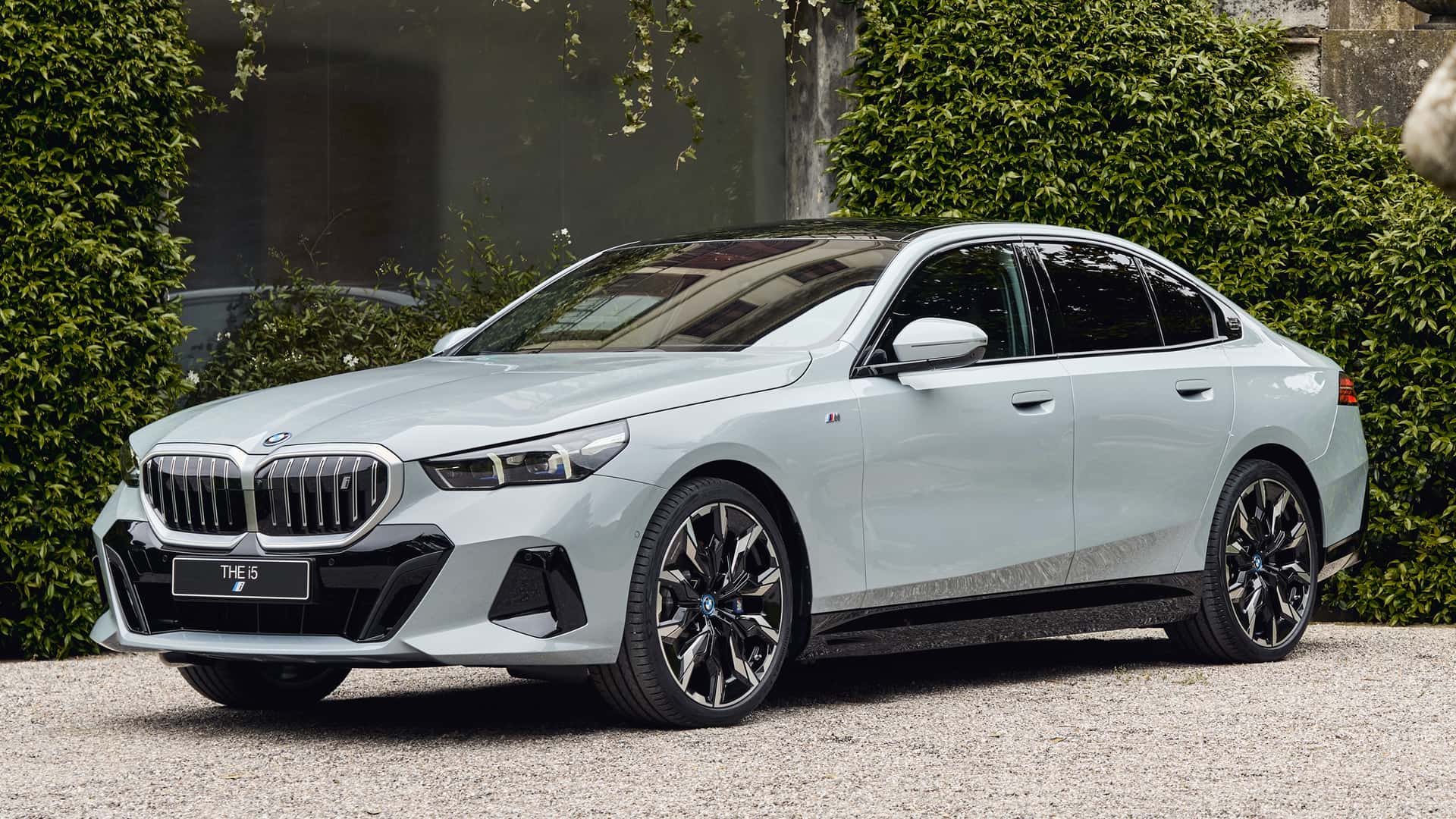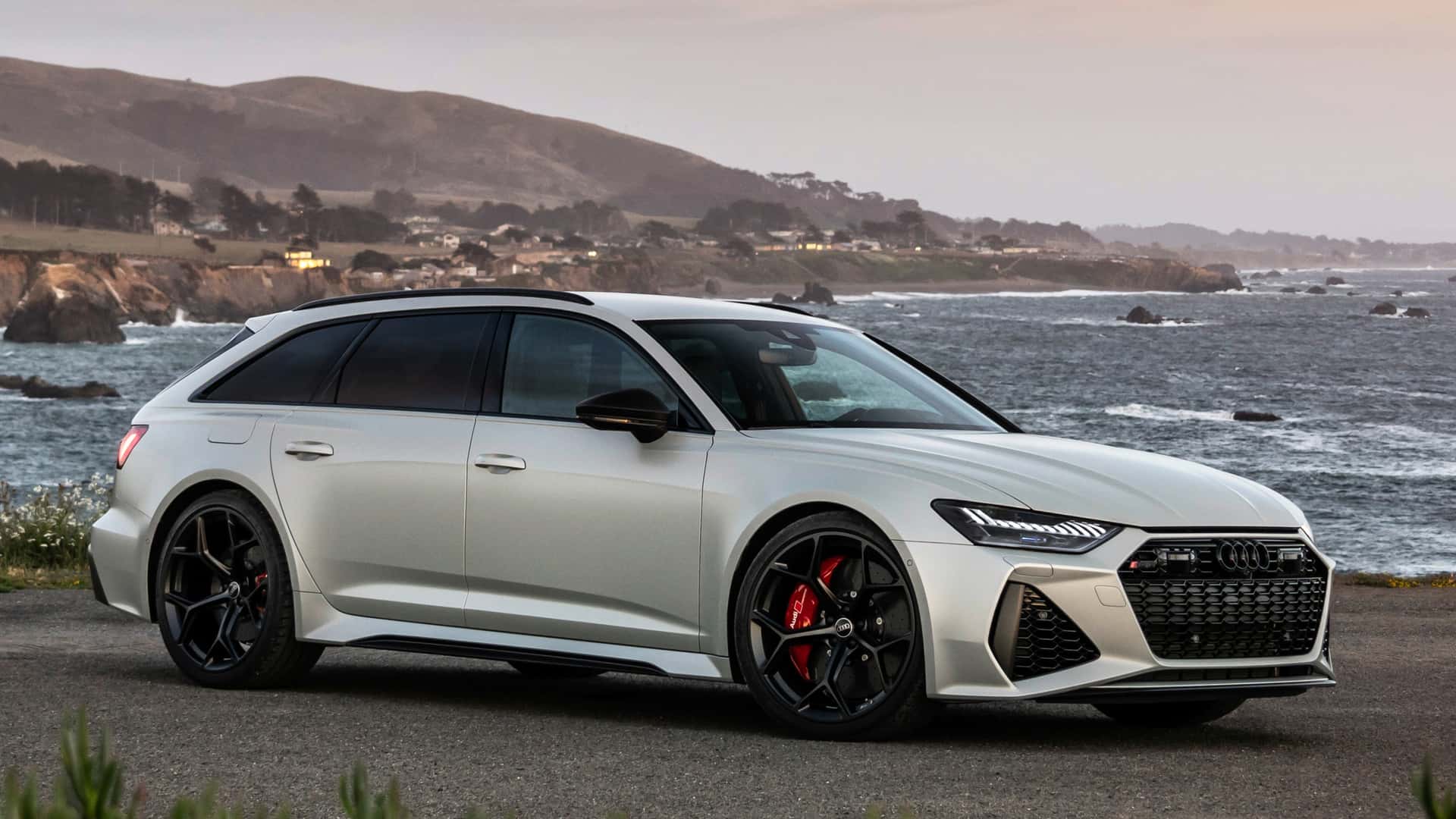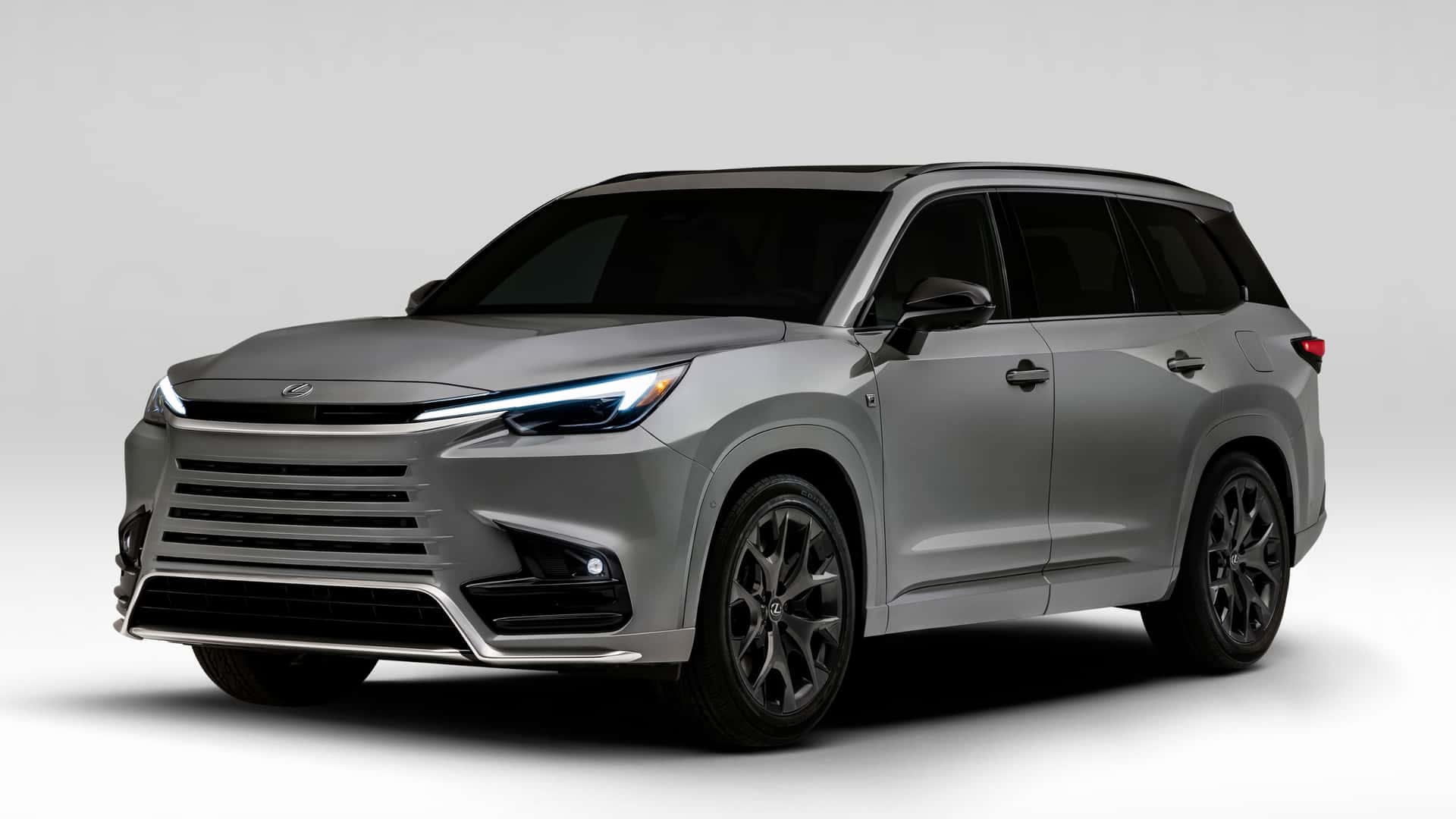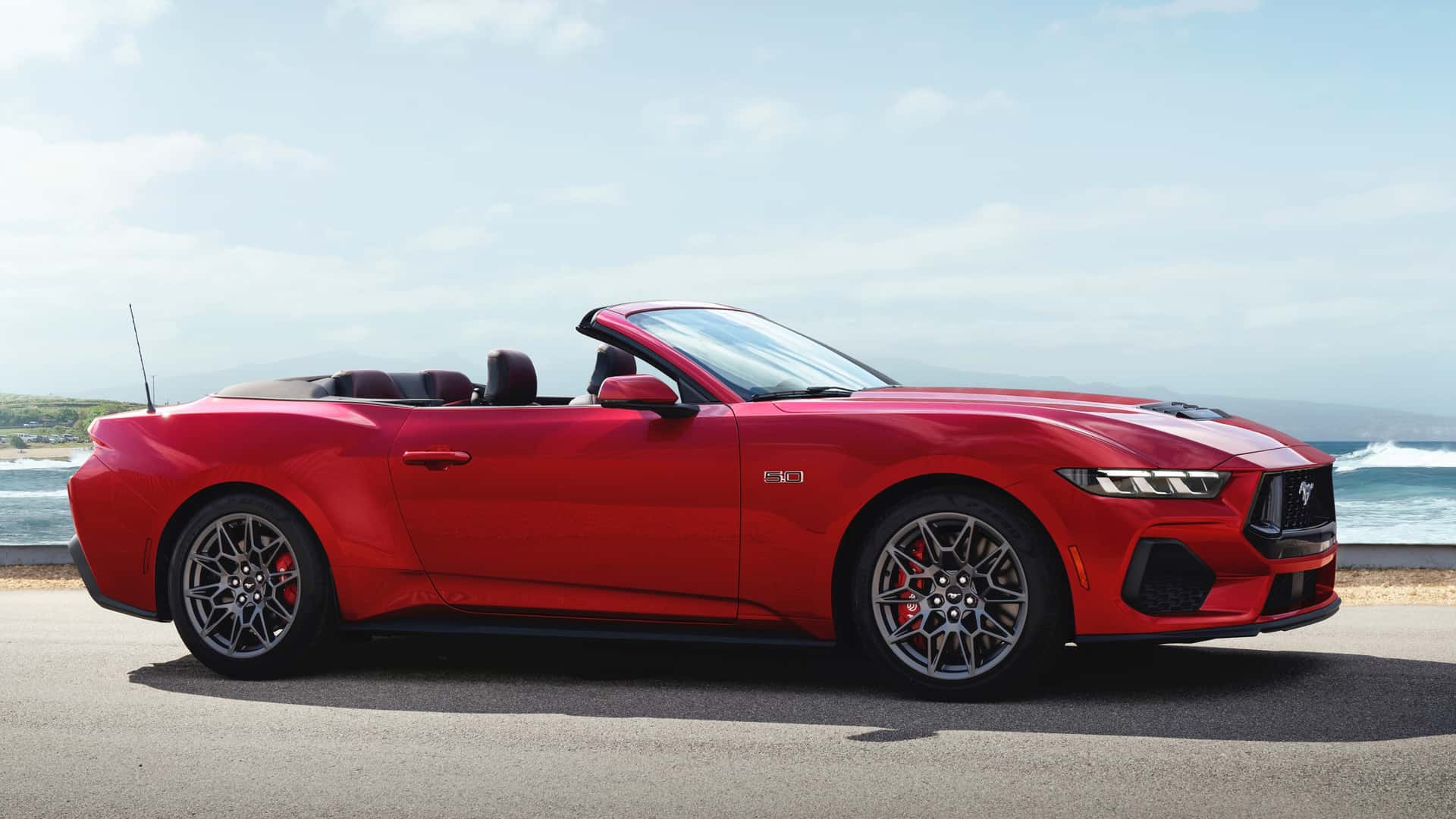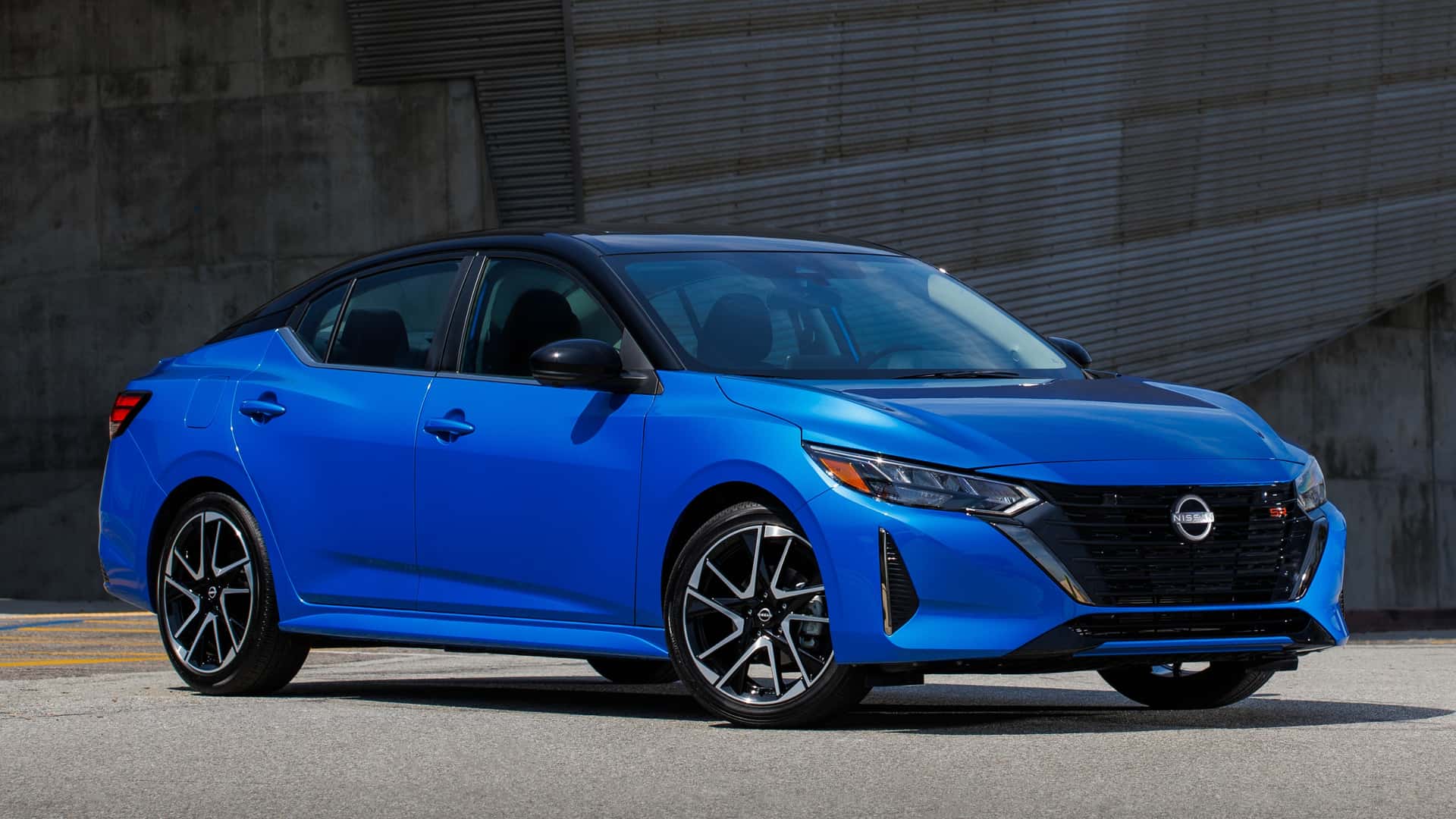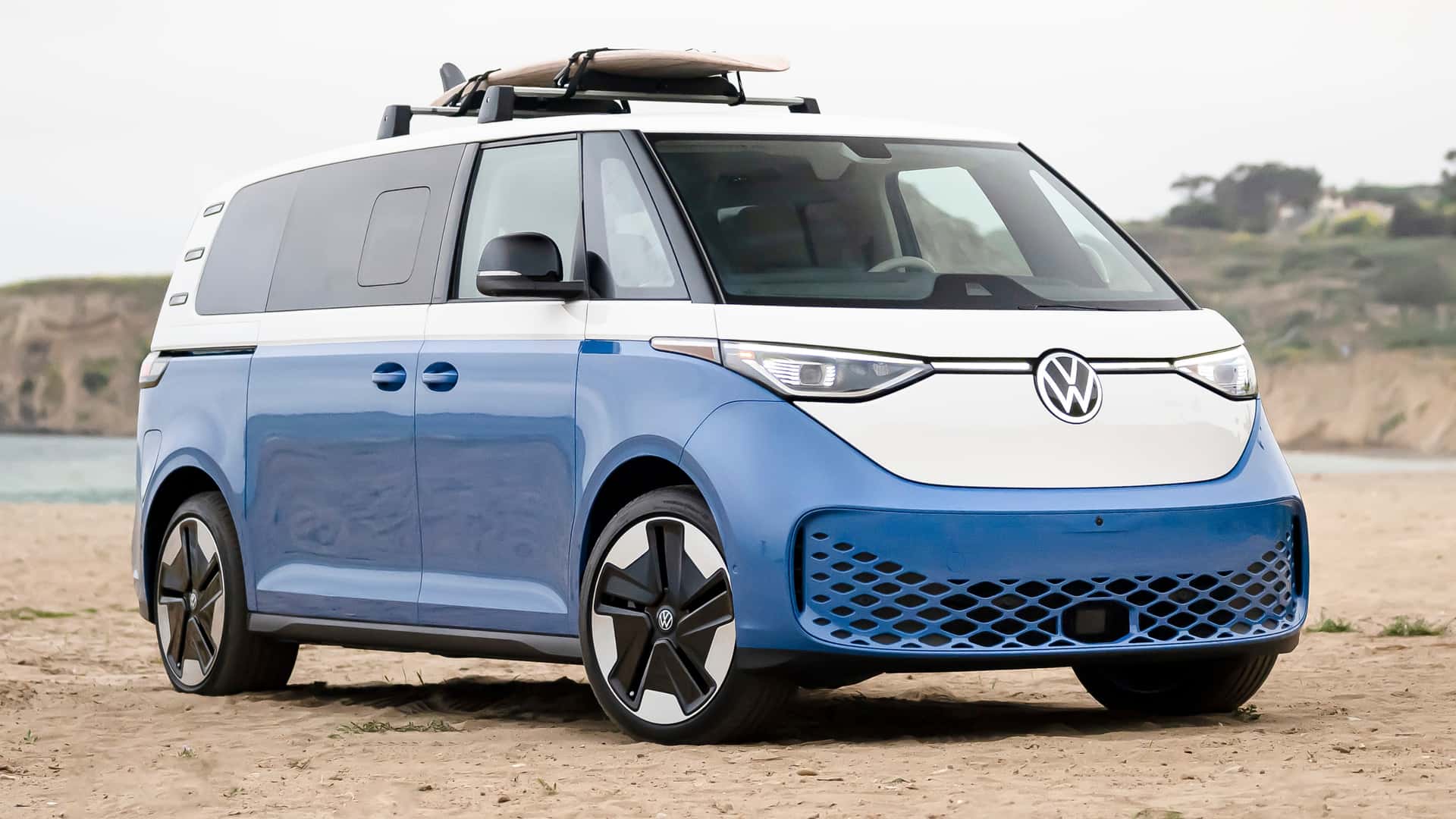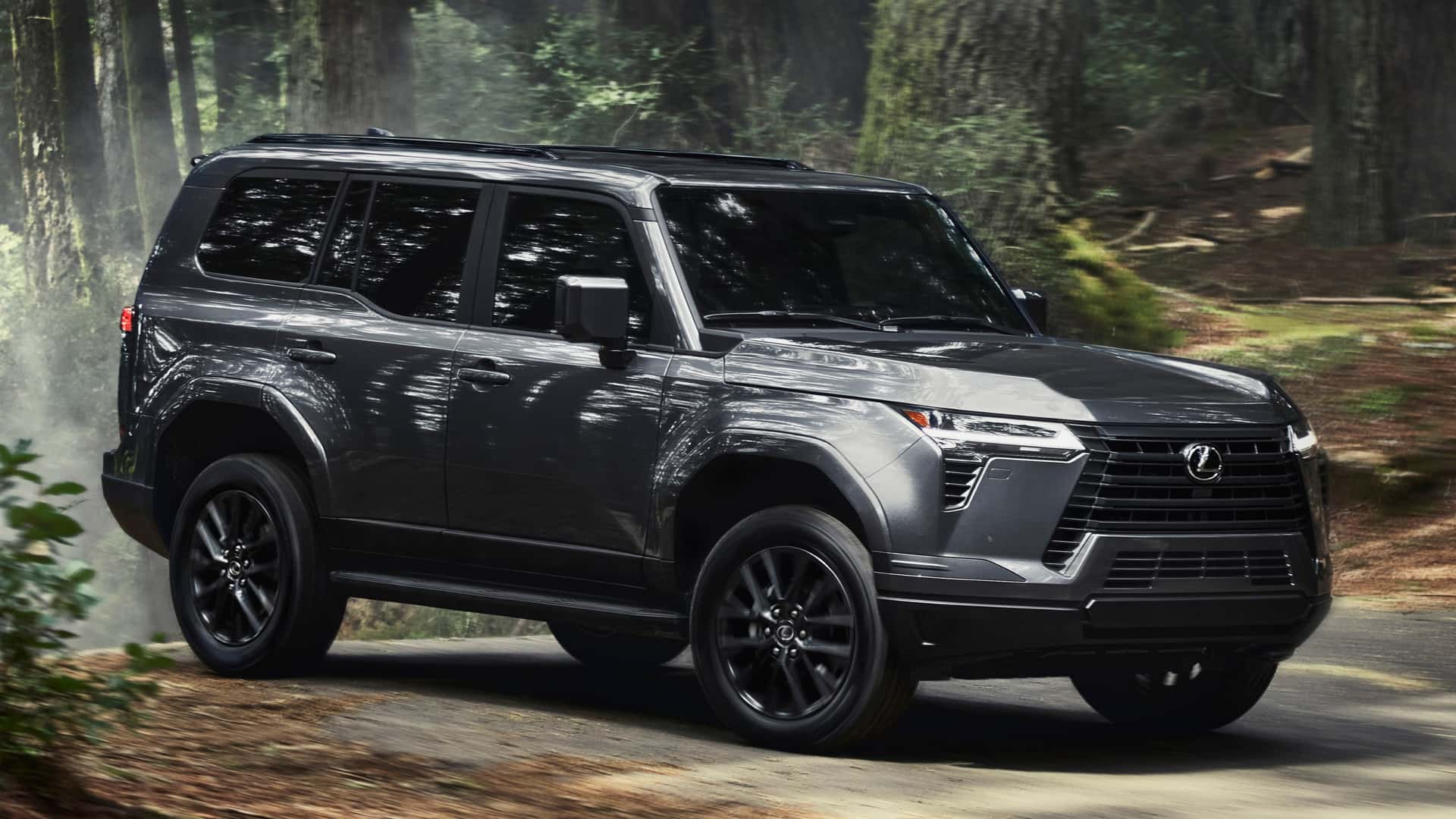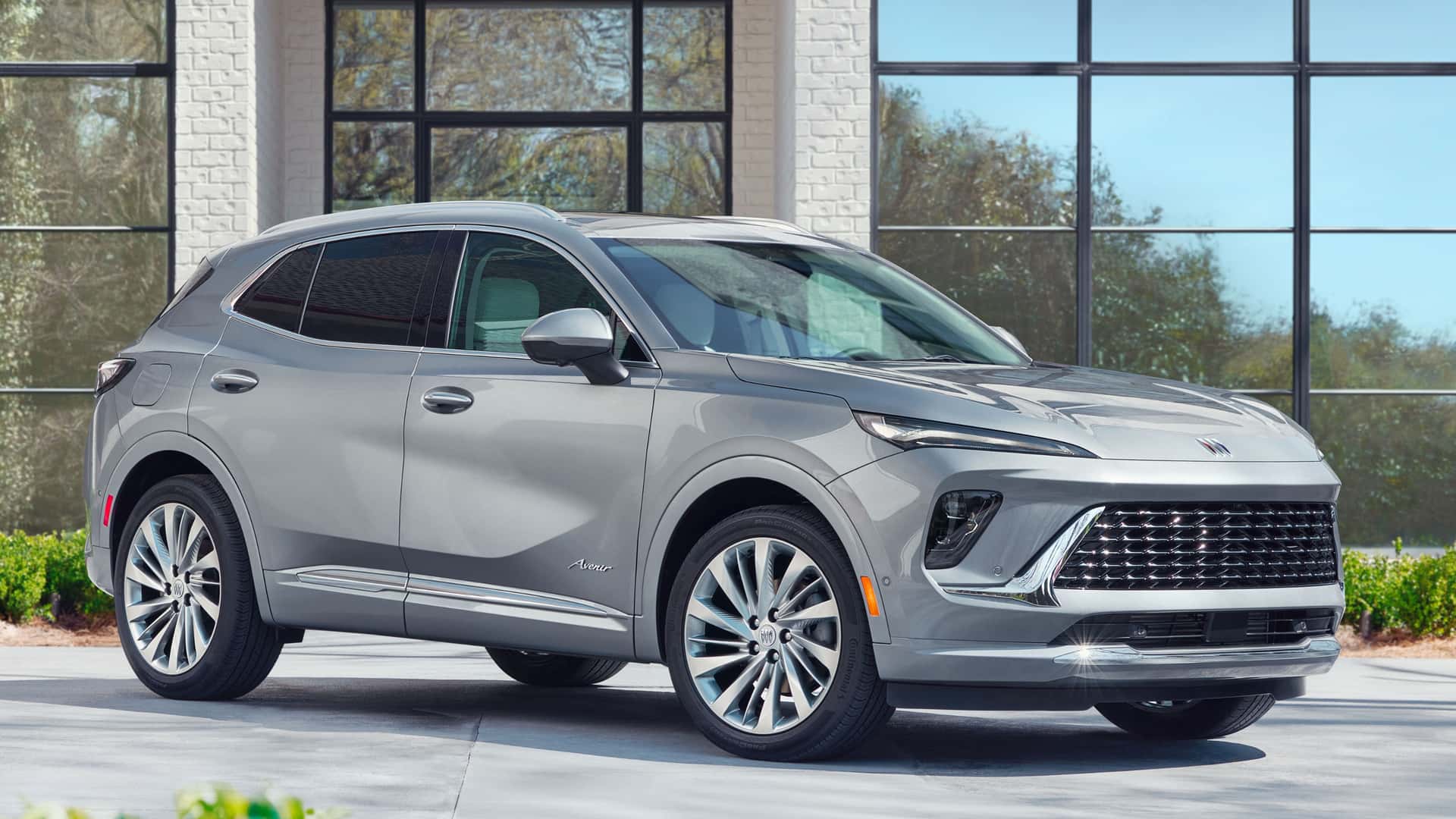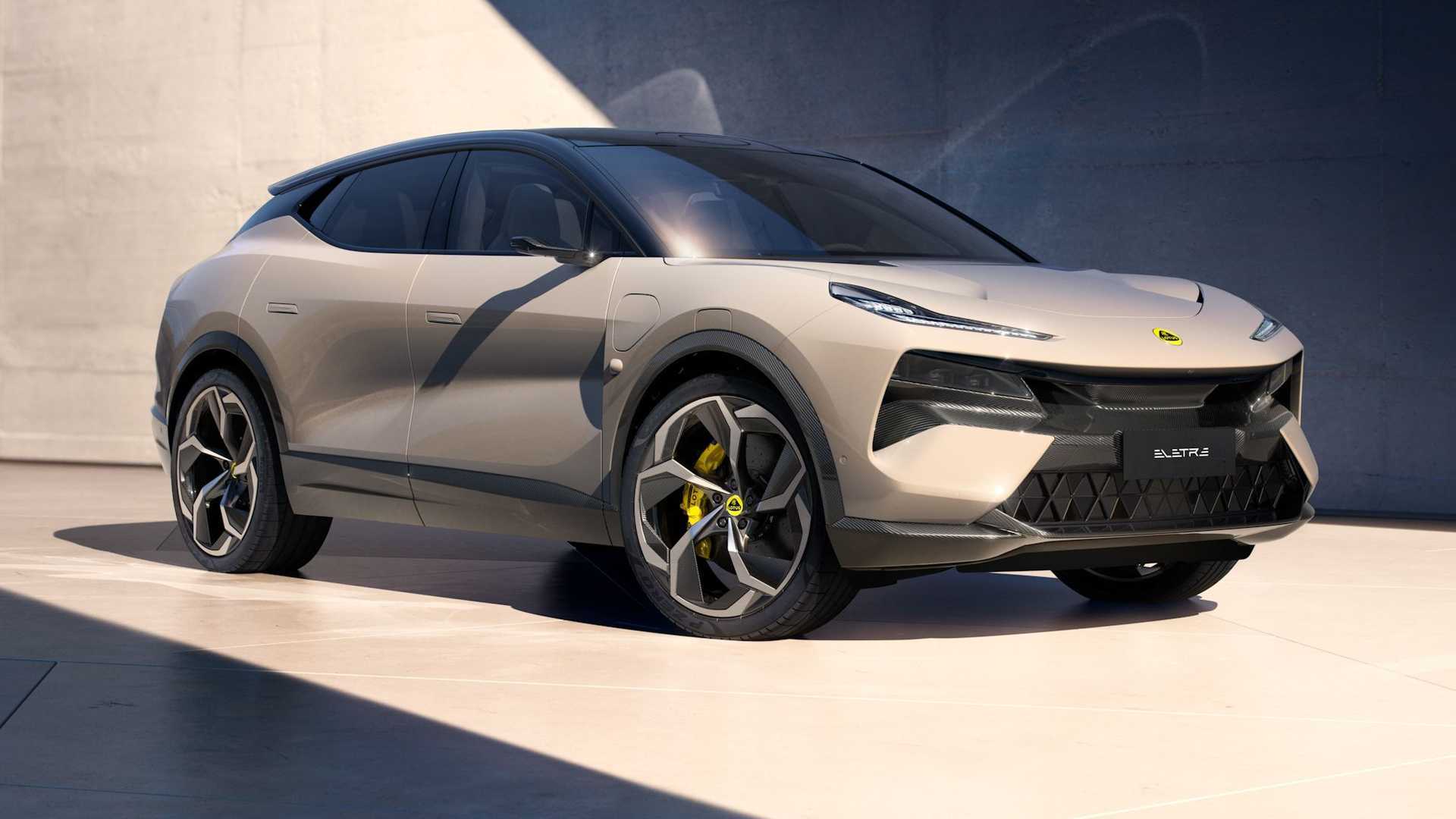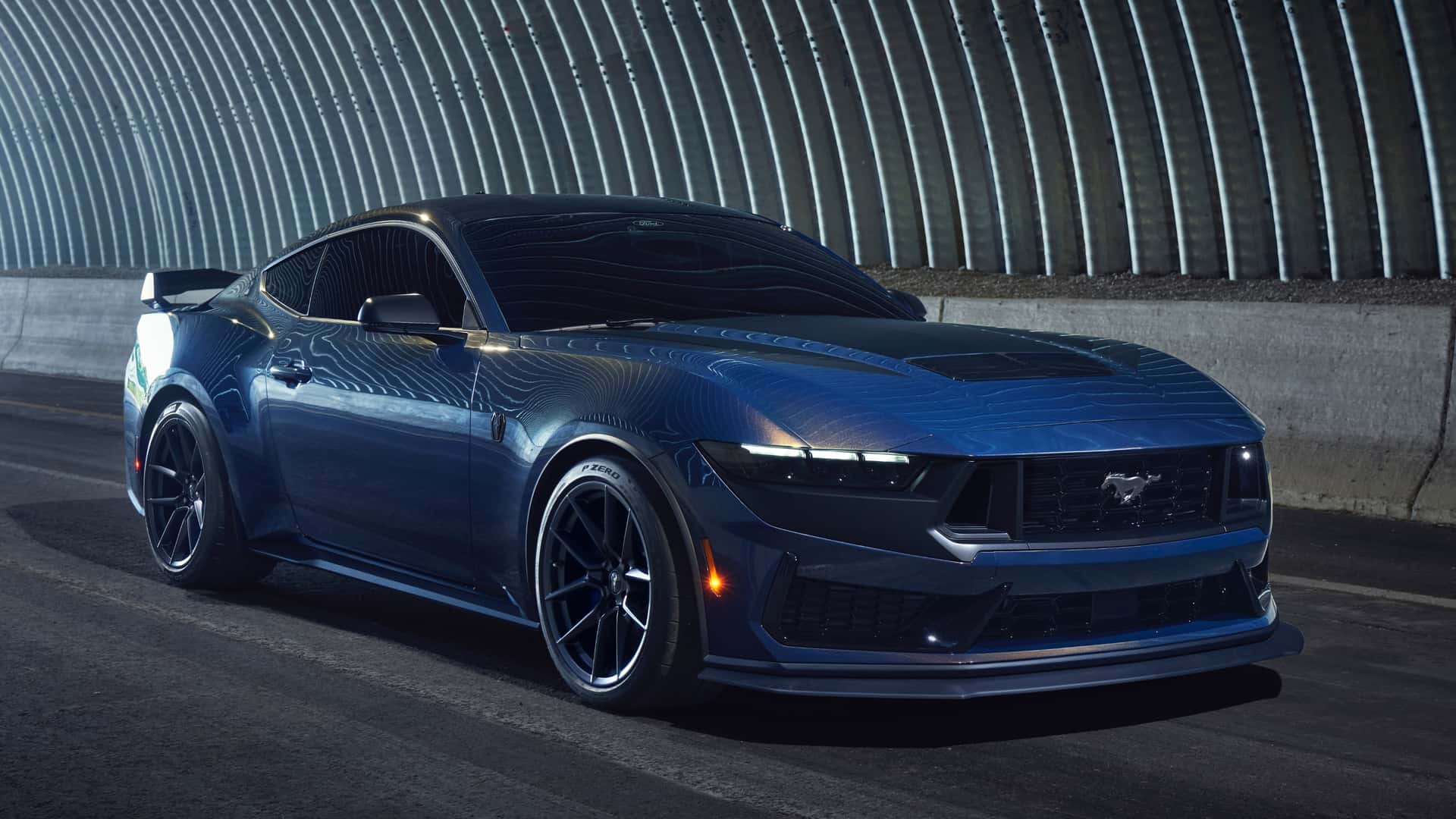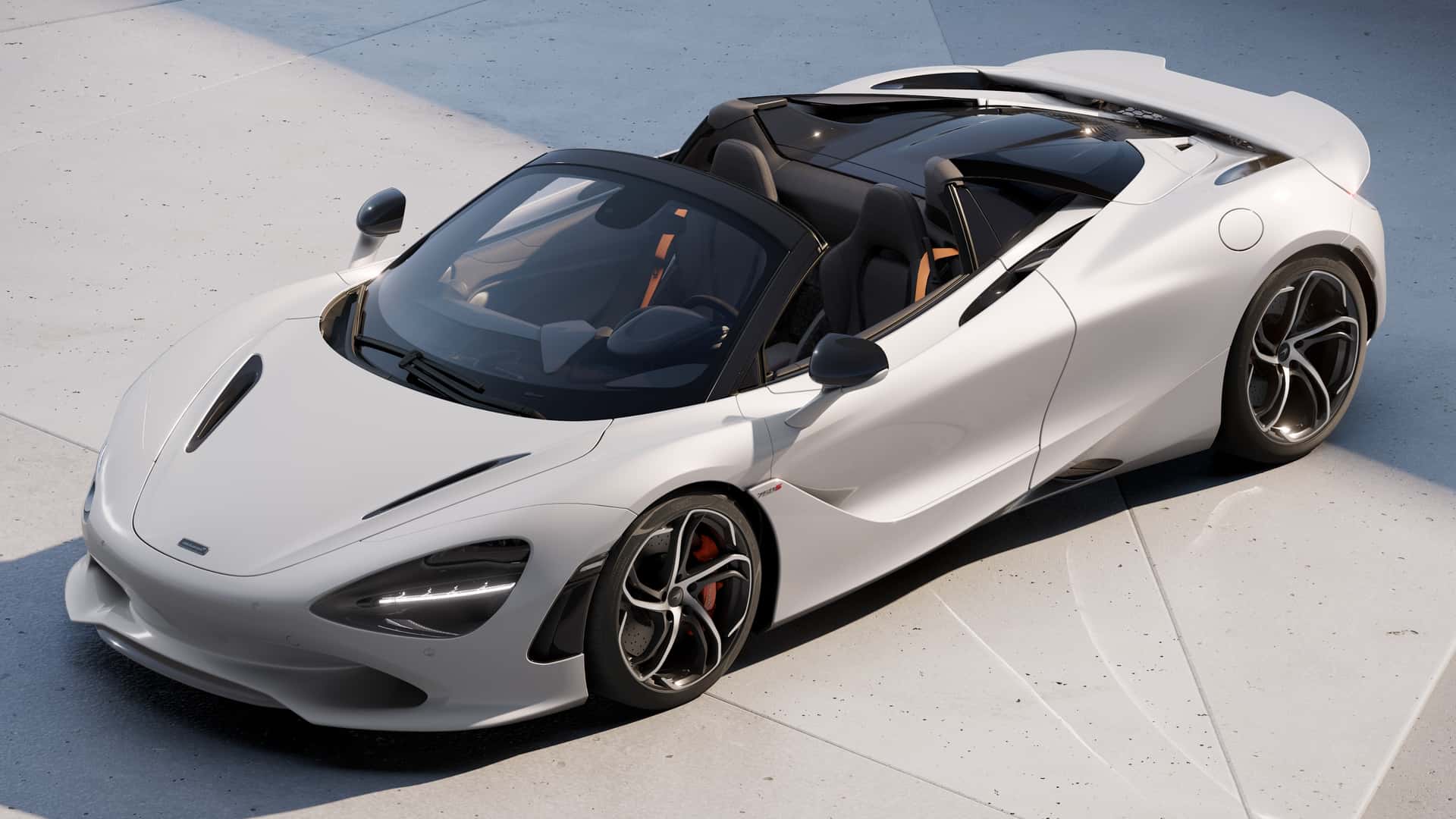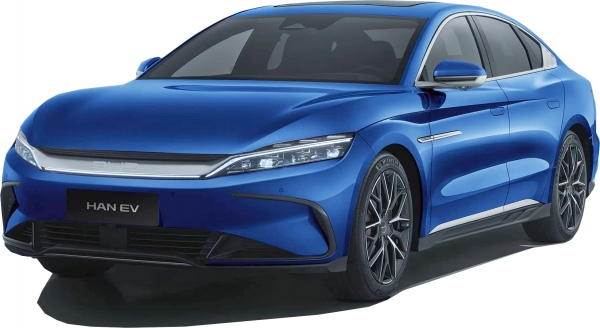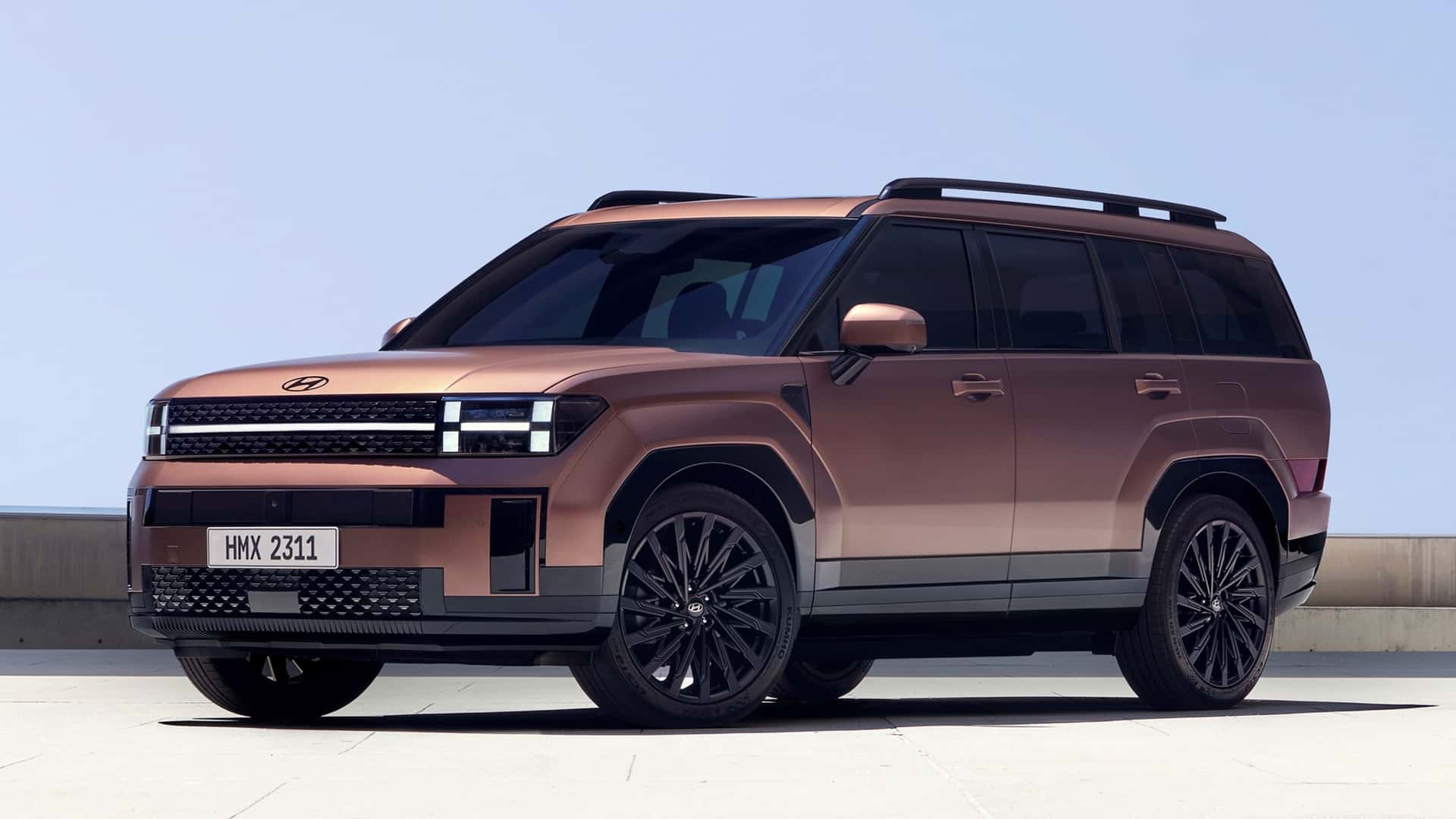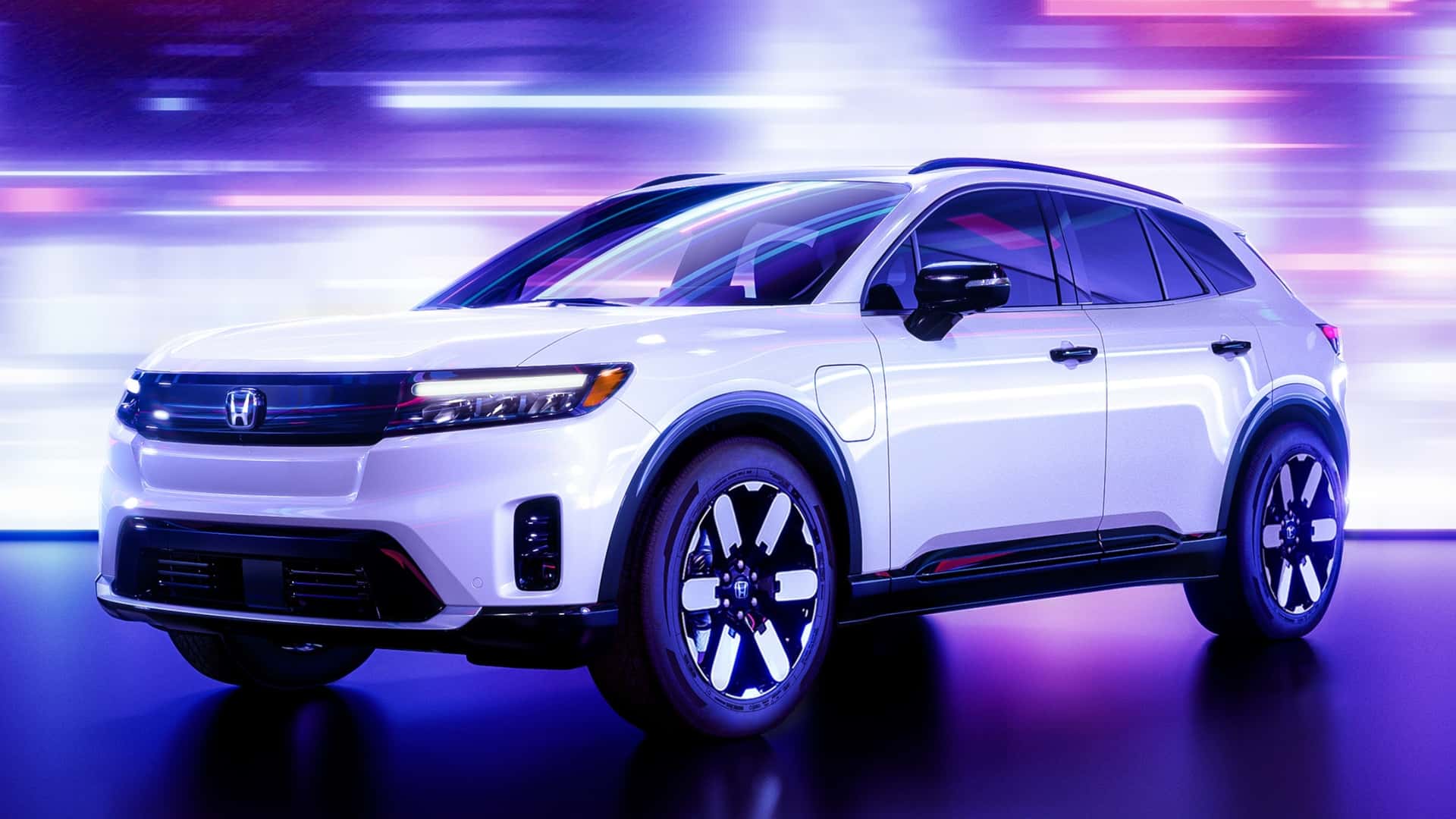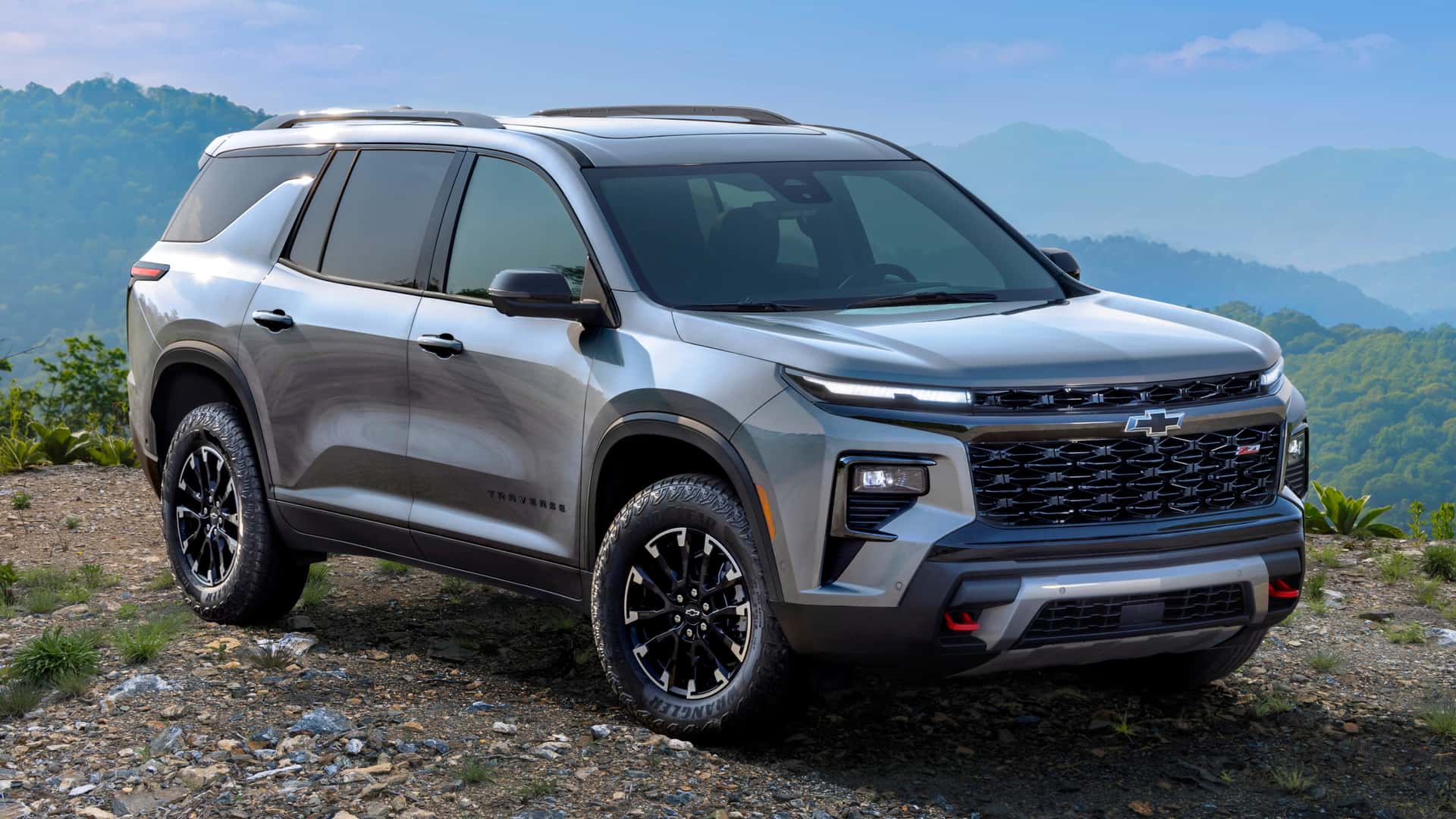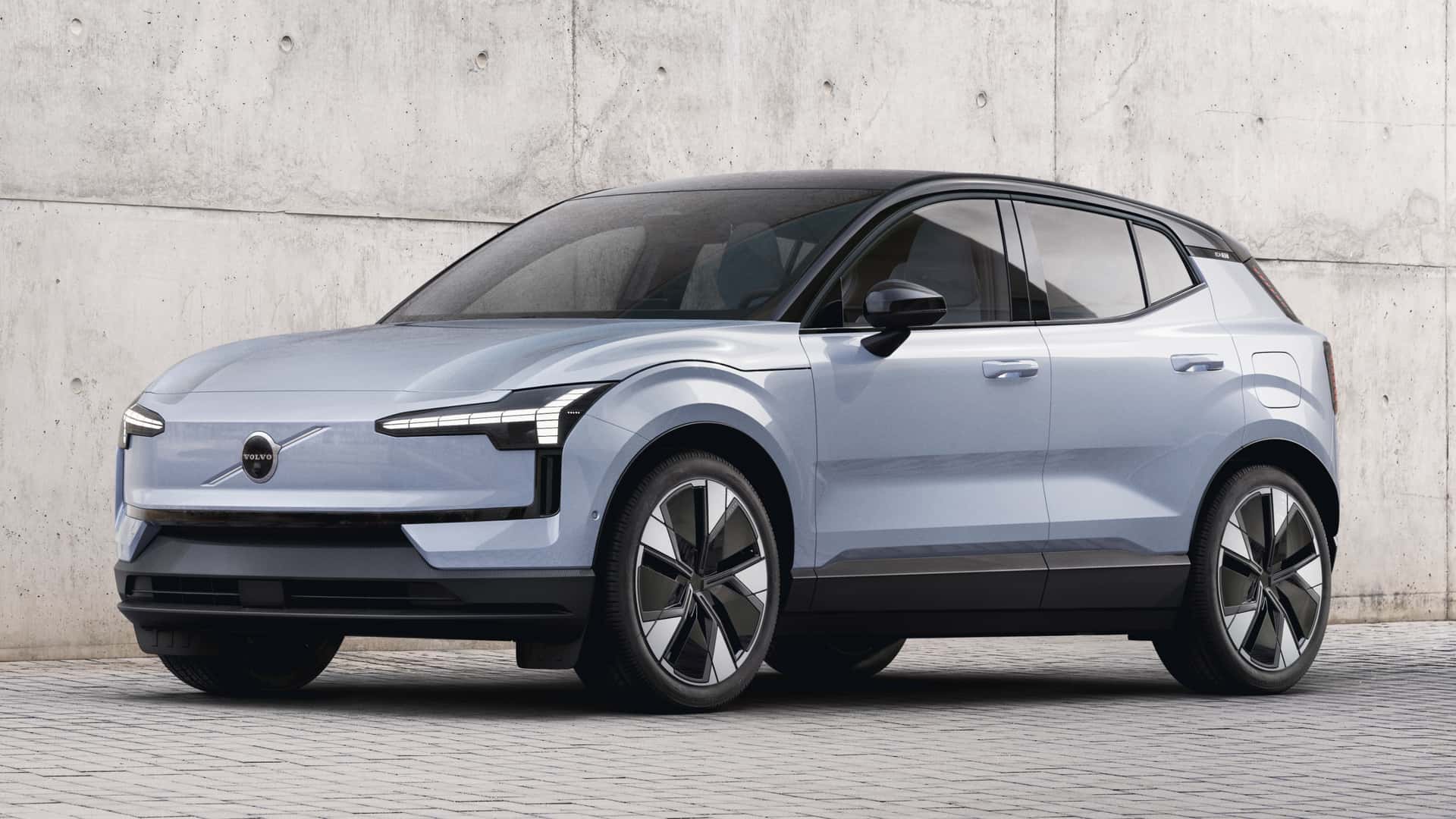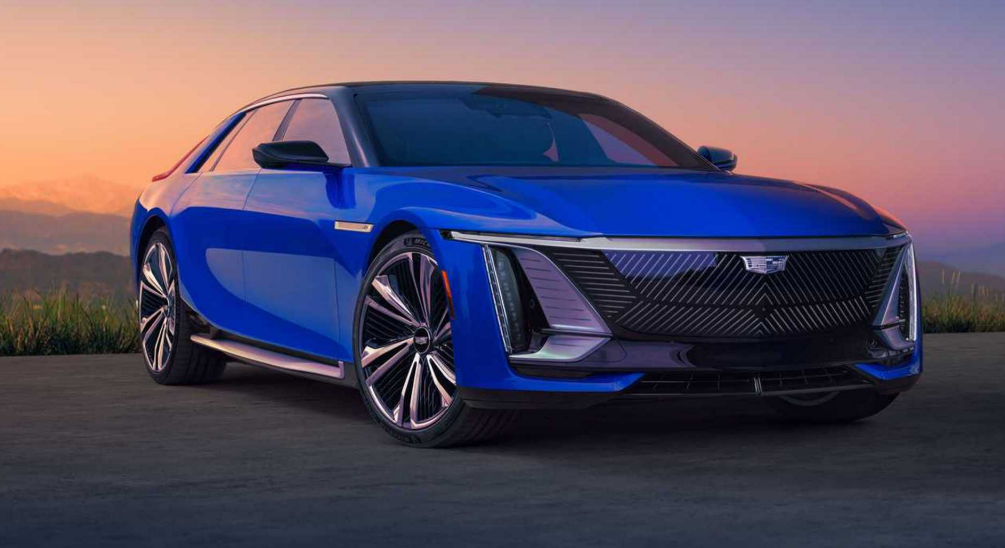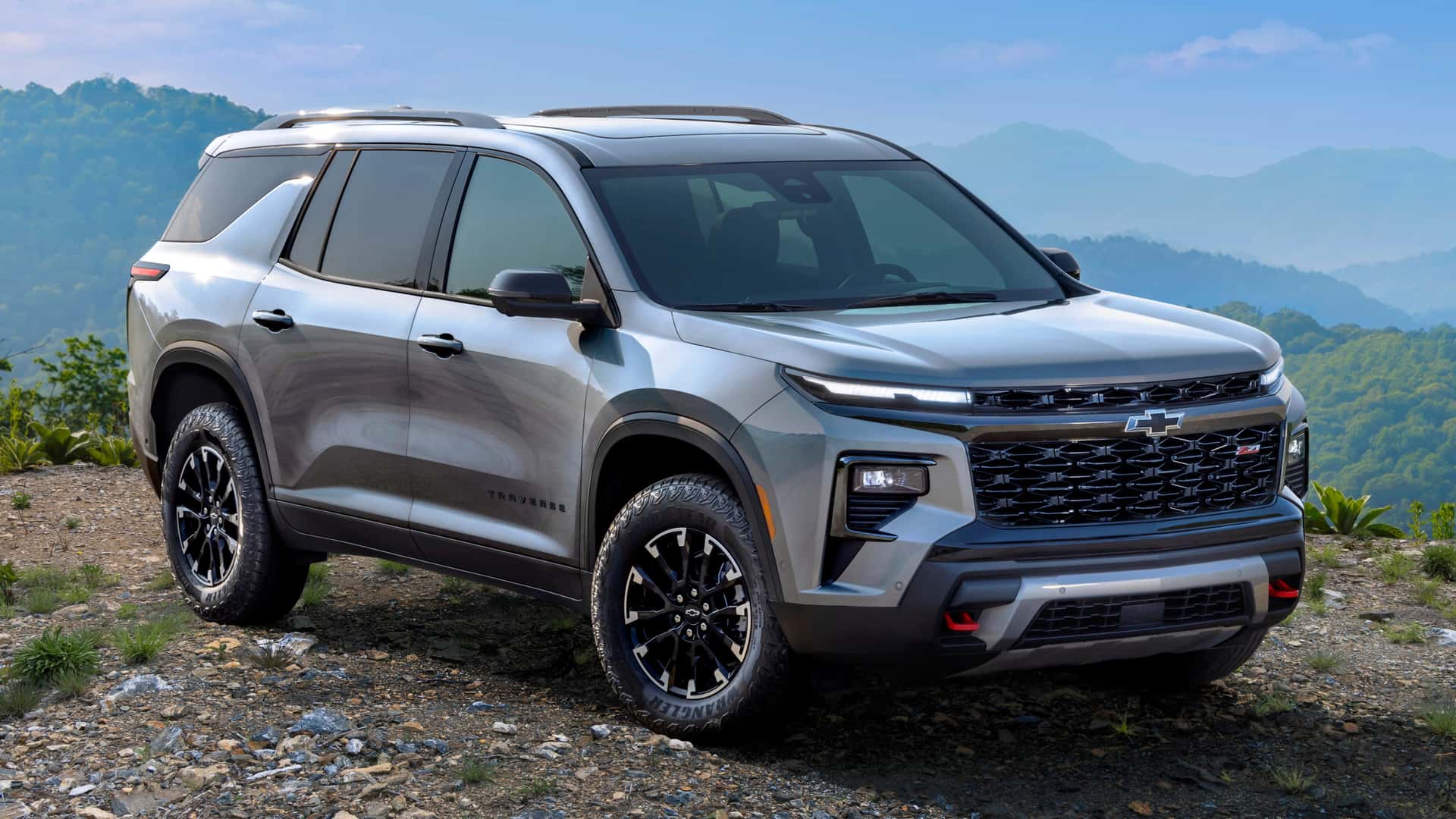
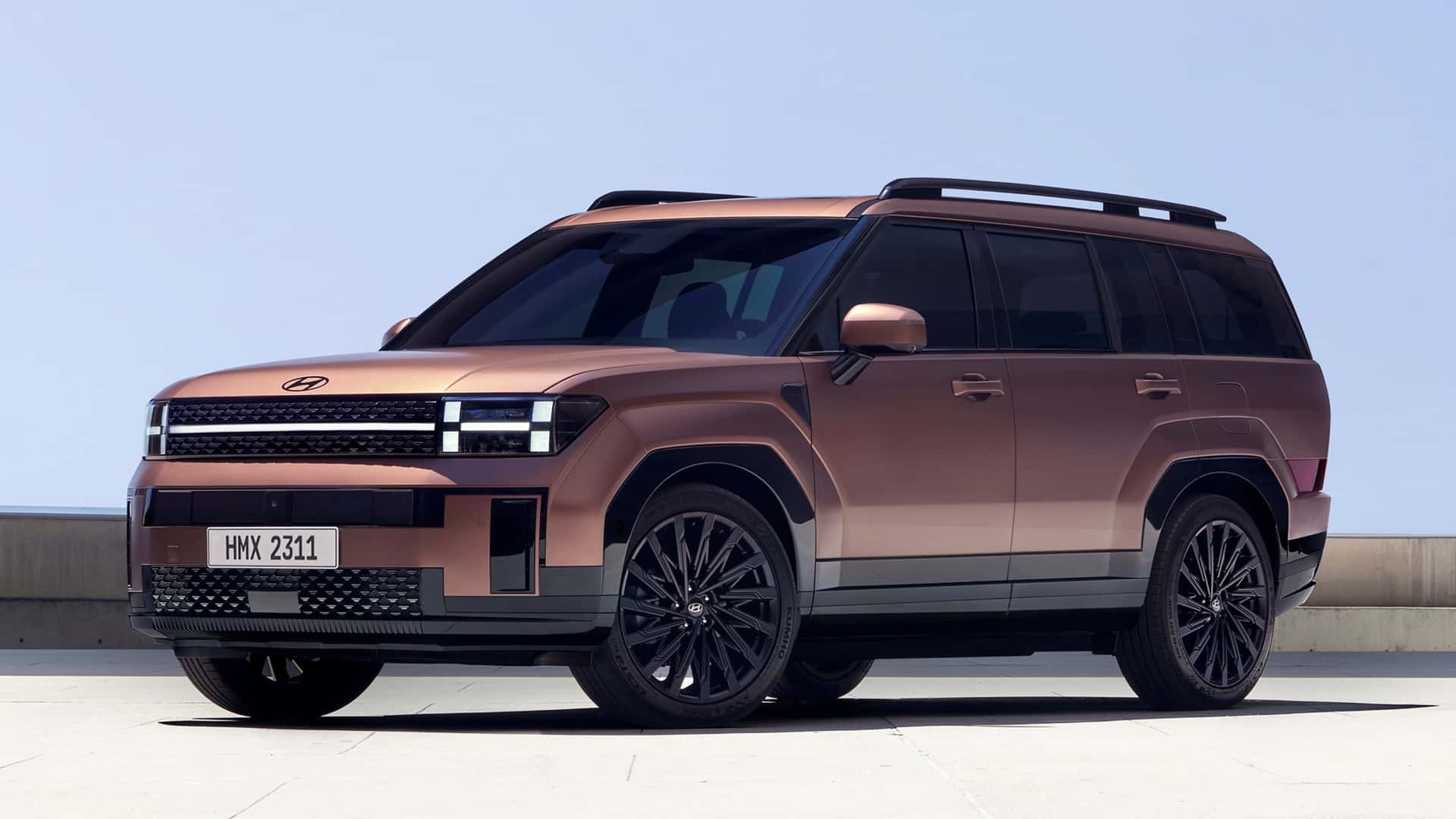
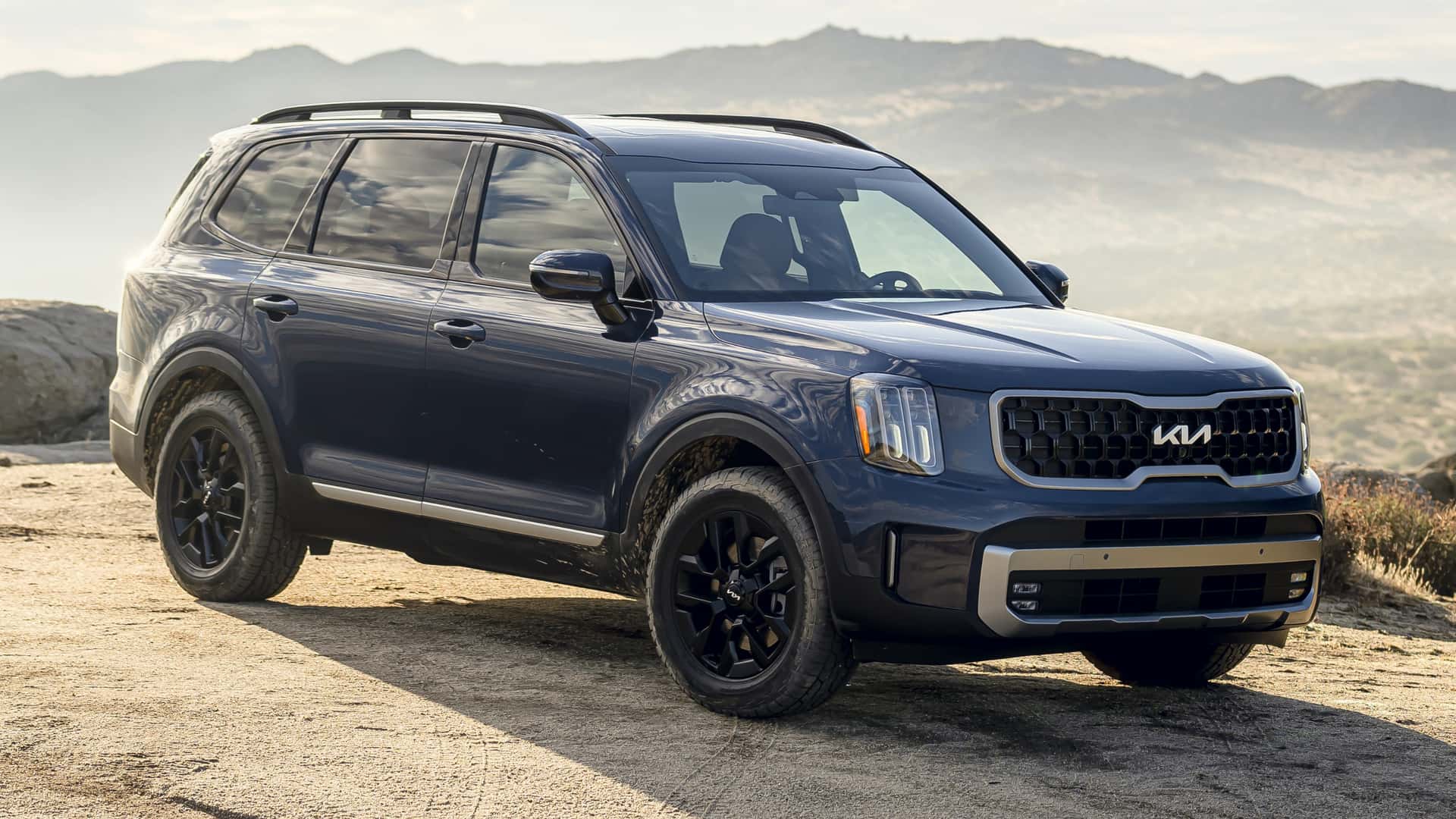
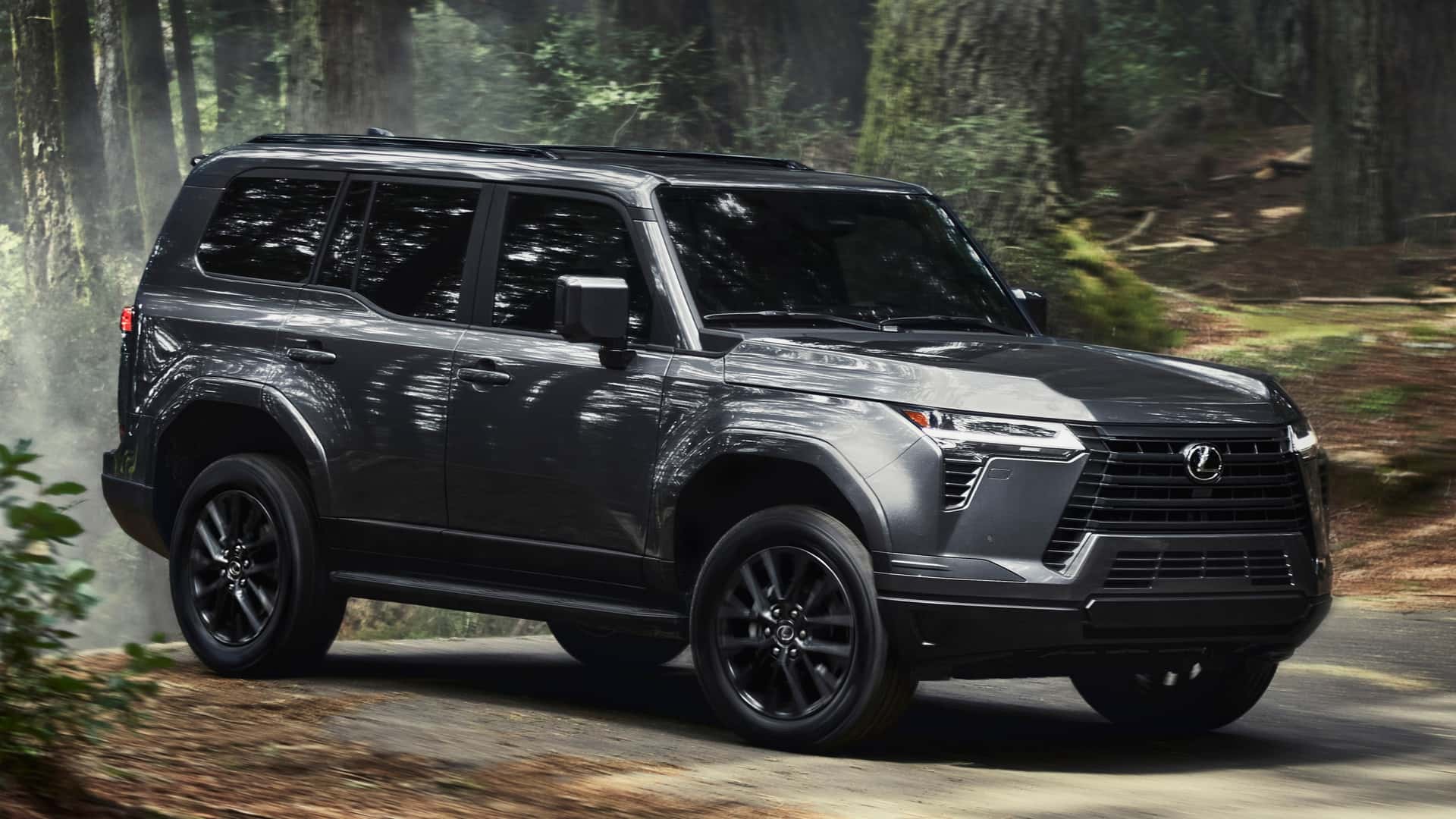
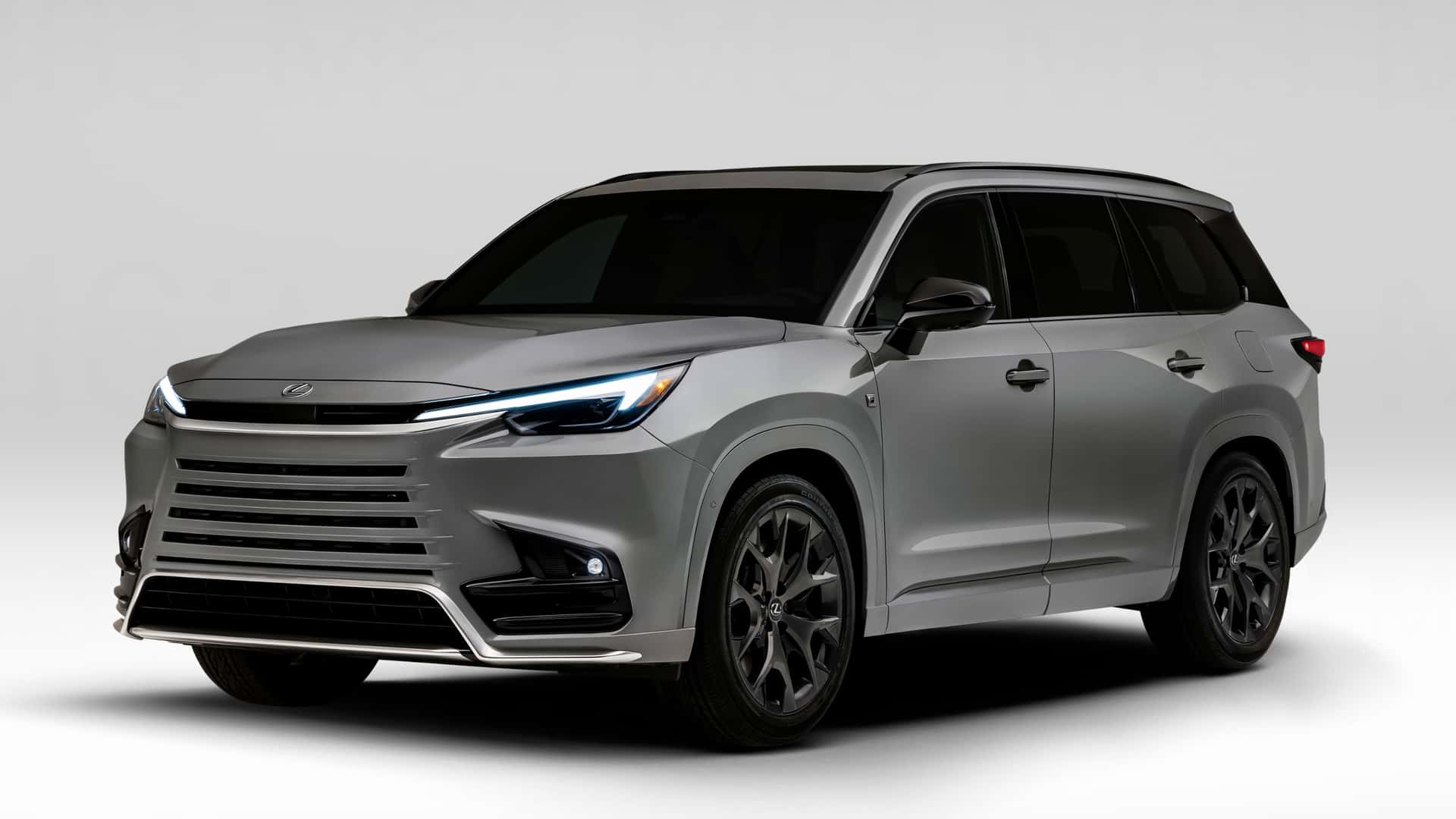
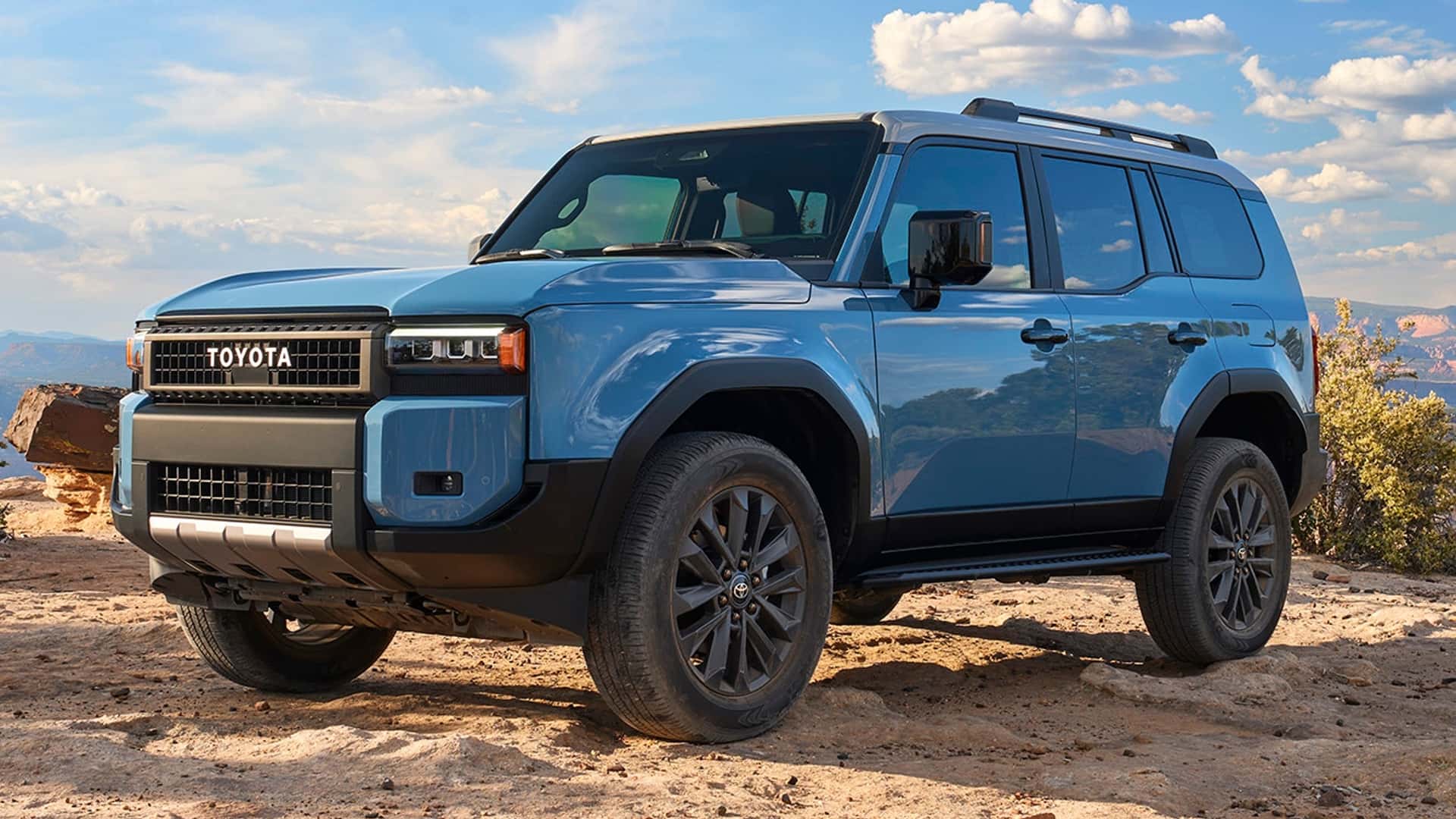
Nowadays, environmental impacts and economic factors, in addition to performance, are increasingly becoming more prominent among the criteria that drivers consider when choosing a vehicle. In this context, the priority for 4x4 and pickup vehicle enthusiasts is undoubtedly to find 4x4 pickups and models that burn the least fuel. The year 2023 sees remarkable developments in this regard and provides drivers with the opportunity to discover 4x4 and pickup vehicles that offer an environmentally friendly and economical driving experience. This guide will examine the least consuming 4x4 and pickup vehicles of 2023 for you, and will discuss the least consuming 4x4 models that provide low fuel consumption, as well as reliable performance both in the city and in off-road adventures. By going on a detailed journey, you will be introduced to the technological innovations and savings-oriented features of these special vehicles and will reach the keys to choosing the ideal vehicle that suits your driving habits. Here's to this exciting vehicle adventure in 2023!
Which 4x4 Vehicles Consume the Least Fuel in 2023?
One of the topics that drivers are most curious about in 2023 is 4x4 pickups that burn the least amount of fuel both in urban traffic and off-road adventures. At this point, we are in a period where vehicles that offer an economical and environmentally friendly driving experience come to the fore. These pickups, which are frequently searched by users with words such as 4x4 with the least fuel consumption, 4x4 pickup with the lowest fuel consumption and economical pickup models, ensure that drivers do not compromise on performance while considering their wallets.
Therefore, determining which 4x4 vehicles consume the least fuel in 2023 is of critical importance for both environmentally conscious drivers and users looking for economical driving. In this article, we will take you on a journey towards the most fuel-efficient 4x4 vehicles of 2023 and examine the models that stand out with low fuel consumption in all driving conditions. This guide will guide you in choosing the ideal 4x4 vehicle for you. Let's start discovering together which 4x4 vehicles consume the least fuel.
How Much Do 4X4 Pickup Vehicles Fuel?
Fuel consumption of 4x4 pickup vehicles is an important factor for drivers, and these values play a critical role in determining the performance and economy of the vehicle.
Fuel consumption of 4x4 pickup models may vary depending on engine type, model year and driving conditions. However, to use a general example, a typical fuel consumption figure for a particular model year and engine option might be as follows:
Ford Ranger Fuel Consumption
•Urban Consumption (100 km): 9.5 lt
•Out of City Consumption (100 km): 7.5 lt
•Combined Consumption (100 km): 8.3 lt
Volkswagen Amarok Fuel Consumption
•Urban Consumption (100 km): 8.5 lt
•Out of City Consumption (100 km): 7.0 lt
•Combined Consumption (100 km): 7.5 lt
Nissan Navara Fuel Consumption
•Urban Consumption (100 km): 9.0 lt
•Out of City Consumption (100 km): 7.0 lt
•Combined Consumption (100 km): 8.0 lt
Isuzu D-Max Fuel Consumption
•Urban Consumption (100 km): 9.5 lt
•Out of City Consumption (100 km): 7.5 lt
•Combined Consumption (100 km): 8.5 lt
SsangYong Musso-Grnad Fuel Consumption
•Urban Consumption (100 km): 8.6 lt
•Out of City Consumption (100 km): 7.2 lt
•Combined Consumption (100 km): 7.9 lt
Toyota Hilux Fuel Consumption
•Urban Consumption (100 km): 7.9 lt.
•Out of City Consumption (100 km): 6.1 lt.
•Combined Consumption (100 km): 6.8 lt.
Mitsubishi L-200 Fuel Consumption
•Urban Consumption (100 km): 9.0 lt
•Out of City Consumption (100 km): 7.0 lt
•Combined Consumption (100 km): 8.0 lt
Mercedes X-Class Fuel Consumption
•Urban Consumption (100 km): 8.5 lt
•Out of City Consumption (100 km): 7.0 lt
•Combined Consumption (100 km): 7.5 lt
However, these values are generally stated for a specific engine option and model year and may vary depending on actual driving conditions, the vehicle's maintenance status, the driver's operating habits and various other factors. Therefore, it is important to obtain up-to-date and accurate information through official documents and manufacturer data. While this data gives drivers a general idea of how much fuel the vehicle consumes, individual conditions can affect these values.
How Can Fuel Efficiency Be Increased for Pickup Trucks?
For pickup users, making their driving experience more environmentally friendly and economical is a key focus. For this purpose, steps that can be taken to increase the fuel efficiency of pickups are important for drivers in terms of both savings and environmental impact.
The first priority for pickup owners should be to improve the fuel efficiency of their vehicles. At this point, regular maintenance of the vehicle ensures that the engine operates more efficiently. Small measures such as clean air filters, proper oil levels and regular tire maintenance help pickups consume less fuel.
Additionally, it is important to avoid unnecessary loads carried in the vehicle. Not carrying unnecessary items in the vehicle makes pickups lighter, which positively affects fuel economy.
Aerodynamic improvements should also be considered. Removing unnecessary accessories outside the vehicle or adding aerodynamic side add-ons can increase fuel efficiency by reducing air resistance at high speeds.
It is also important to adopt gentle driving habits. A gentler driving style instead of sudden acceleration and braking can reduce fuel consumption. Complying with speed limits and not driving at unnecessarily high speeds is also an effective strategy in this regard.
Finally, using fuel economy-friendly tires and choosing low-resistance tires can contribute to less energy consumption and therefore a better fuel economy.



